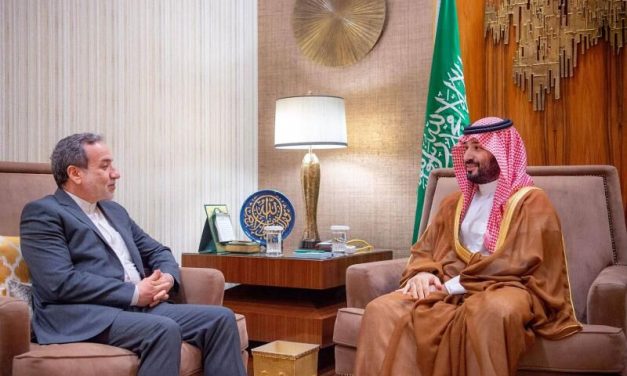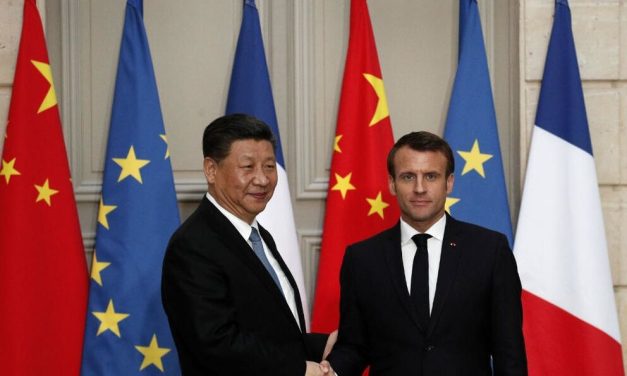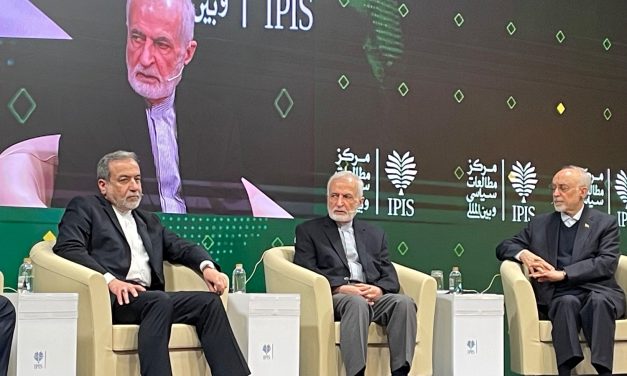The war-mongering of terrorist and Takfiri groups, pressures and unlimited foreign support from the United States, Saudi Arabia, Turkey, the UAE, etc., for ISIS and other opponents, had put Syria in such a dangerous situation that few imagined it would ever be freed from such a complex situation and return to its normal life, but this happened today and after years, Syria has reached a relatively stable stability and has restored a large part of its territorial integrity.
The gradual return to the pre-crisis era has caused Syria, especially in recent weeks, to once again become in the focus of foreign countries, especially the UAE and Turkey. In the past few days, the UAE Foreign Minister visited Syria for the second time in the past year and met and held talks with Bashar al-Assad.
During the years of crisis, the UAE was one of the supporters of Bashar al-Assad’s overthrow from power and one of the financial and political supporters of terrorist and opposition groups in Syria. That country also played an important role in the expulsion of Syria from the Arab League.
In addition, in recent months, the Turkish government has adopted a “conciliatory” tone and policy towards Syria in order to normalize relations, as such that in these few months, the security, military and political officials of the two countries met several times officially and unofficially, and Erdogan has also proposed to meet with his Syrian counterpart.
Recent political developments show that the UAE, with the participation of Turkey and Russia, is defining “new relations” centered on Syria.
In view of what has been mentioned, a number of important points should be considered:
The first point; since 2016 and following the failure of the previous Syrian peace processes, including the Arab League plan, Friends of Syria, the Russian initiative, the Kofi Annan plan, the Geneva and Vienna processes, etc., any dialogue with the Syrian topic in its various dimensions, is being held within the framework of the mechanism called “Astana”.
Now the question is, despite the “Astana Process” which has shown its effectiveness to a great extent and has held 7 meetings at the level of leaders and 19 sessions at various other levels, and the links created within the framework of this process between the main beneficiary countries, what is the necessity or need for the formation of other processes or relationships in relation to the Syrian issue? And what are the open and hidden motives of such movements and initiatives?
Formation of any other new title to solve a crisis or problem in only two cases seems logical, reasonable and justifiable; first, in the case that the previous mechanisms were not effective and fruitful and ended without significant achievements. Second, the new process should enjoy new experiences, strong implementation guarantee and more effectiveness than the previous mechanisms, to such extent that it can generate more benefits for Syria in the shortest possible time and at a low cost.
The experiences and efficiency of the Astana Process, as well as the trust and confidence in its solutions in the region, make the formation of any new framework with different titles around Syria unjustifiable, unless it is a “parallel work” or behind its curtain extra-Syrian objectives are followed.
The second point; in case of the formation of a new trend which, first of all, its motivation, dimensions and real objectives are still unclear, and secondly, there is no news of the presence of the most important supporter of the Syrian government and the most effective political and field player in the internal developments of that country, that is to say the Islamic Republic of Iran, will we be witness to specific developments and openings with regard to Syrian issue?!
The answer to this question is simple and easy; despite the Astana Process as a “more effective model” agreed upon by many players of the Syrian crisis, there is no need to create another framework. Astana is a proven and successful process. As a result, no alternative can be considered for it.
The third point; recent diplomatic movements around Syria, which are being carried out with the role playing of Russia, Turkey and the UAE, have a “highlight” and that is the “absence” of the Islamic Republic of Iran?!
The Islamic Republic of Iran is the most important ally of Syria. Iran’s advisory, intelligence, technical and political assistance has played “fundamental role” in preventing the fall of Bashar al-Assad, annihilation of ISIS, restoration of territorial integrity and revival of national sovereignty.
As a result, it is not possible to ignore a country that has privileged relations with Syria and has played a key role in that country’s transition from internal crisis, in solving its problems and creating possible regional and international arrangements in relation to Syria. Of course, it is quite clear that some in the region, each for their own reasons and in line with their own interests, prefer that Iran’s presence in the process of resolving the Syrian crisis be weak or limited, because they know that Iran’s presence will mean strengthening the position of the Syrian government.
And the final point is that the conciliatory policy of some Arab and non-Arab countries, including the UAE and Turkey, which until recently were in the ranks of the opponents of the Syrian political system and sought to overthrow Bashar al-Assad, is a correct policy that the Islamic Republic of Iran also welcomes. Of course, Syria’s foreign relations are a matter that concerns themselves, although Damascus has always taken into account the reservations of the Islamic Republic of Iran in this regard.
The Islamic Republic of Iran follows a stable and sustainable policy towards Syria, which includes the following indicators and supports any mechanism that is within this framework: 1- Maintaining sovereignty, territorial integrity and political structure; 2- Political settlement of the Syrian crisis by using internal and intra-regional solutions; 3- Participation in the reconstruction of Syria; 4- Cooperation in providing and guaranteeing security and stability in that country; and 5- Trying to restore the position of Syria in the region, the Islamic world and among Arab countries.










0 Comments